Firstly, let’s define debt stress, also known as financial stress. According to the Financial Health Institute, it’s “a condition that is the result of financial and/or economic events that create anxiety, worry, or a sense of scarcity, and is accompanied by a physiological stress response.”
Basically, it means any stress or anxiety you feel over your financial situation. Financial stress symptoms also include physical responses to stress such as irritability, fatigue, difficulty sleeping, under or overeating or having no motivation, among many other symptoms. We all know that stress is bad for the body and can cause numerous health problems along with mental health issues.
If this is you, know that you’re not alone. Research completed by AMP shows that 1.78 million Australians were financially stressed in 2020. Here in Perth, 19% of people reported feeling financially stressed in 2019.
HOW TO DEAL WITH DEBT STRESS
The first step is to fully understand your position. It can be so easy to ignore the statements, ignore the calls from banks or creditors. You need to know where you are before you can plan a way forward. You also may find that your situation is not as bad as it first seemed and having all this information will help you feel that you’re taking control.
Acceptance comes next. Accept that you are in this position, accept the blame too. While some circumstances may have been out of your control, you have always been in control of how you handle the situation. And just because you have debt, doesn’t mean you are bad with money. Remember that you are not alone, you are amongst 1.78 million Australians.
Accept that you also may need help to change your situation.
The next step is to make a plan. Once you know who you owe, and how much, you can start prioritising your payments. Firstly, you’ll need to know how much you have left over after the essentials have been paid. This may mean making a budget, I know, that’s a horrible word. There are now plenty of apps around that can make this easy, including our app MyFramework. These apps can also help you categorise your spending, so you can find areas where you may be able to save.
Most debt strategies will say you should pay the creditor with the highest interest first, as this will minimise the interest you are paying. If you can do this, great, if not, there are other strategies. You may wish to pay off the smallest debt first to give yourself a win. Or perhaps you borrowed money from a friend or family member and want to pay that back as soon as possible. Find out which debt is most important to you to remove from your life and focus on paying off what you can.
A financial adviser or financial counsellor can help you with this if you are having trouble deciding how to structure your debt repayments.
Also ask yourself if you’re making progress with your debt, are you paying the minimums or paying more than is required and chipping away at the debt. If you are, then you are definitely on your way to reducing your debt stress and being debt free.
Finally, the most important part of all of this is to take care of yourself. Be kind to yourself, your finances may be a mess but that doesn’t mean that you are, and you shouldn’t treat yourself as such. Stress from any cause takes a toll on us and we need to look after ourselves physically and emotionally when this happens.
CONCLUSION
If financial stress is having an impact on your mental health, then reach out for support now. Depending on your situation, you might find working with a financial counsellor will help you get on top of your situation. If you are concerned about putting money aside for the future, you should give us a call.
It is very important that you understand that the information above is general in nature and does not take into account your personal situation. You should consider whether the information is appropriate to your needs, and where appropriate, seek professional advice from a financial adviser. It is also worth noting that the Australian financial and taxation system is ever changing, and the information above may no longer be relevant. Again, we suggest seeking professional advice from a financial adviser before proceeding.




